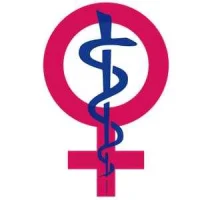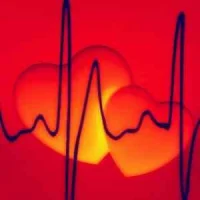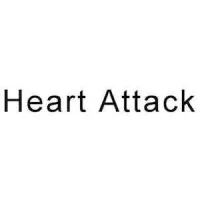According to the findings of a comparative study conducted by researchers at Johns Hopkins, noninvasive CT scans of the heart's vessels are more effective at spotting clogged arteries than exercise stress tests. The report is published in Circulation: Cardiovascular Imaging.
The study included 391 patients aged 45 to 85 years from 16 hospitals in eight countries. All patients had reported symptoms of heart disease but were not diagnosed of the condition. Study patients underwent noninvasive CT angiograms followed by traditional, catheter-based coronary angiographies. Patients also underwent an exercise stress test within two months.
The study compared both methods and found that heart CT scans correctly identified blockages in nine out of 10 people as compared to stress tests which picked up only six out of 10. CT angiograms accurately detected or ruled out blockages in 91 percent of patients as compared to 69 percent with stress testing. In patients who were at high-risk of the disease, the diagnostic accuracy of CT scans was around 96 percent as compared to 80 percent with stress testing.
The important element of these findings are that this was a head-to-head comparison and all patients underwent three tests so that it could be determined which method was the most accurate in spotting blockages. The findings clearly showed that stress tests missed two out of every 10 patients with severe disease.
"No tests is 100 percent accurate 100 percent of the time, but our findings indicate CT angiograms get pretty close to that coveted threshold," says lead investigator Armin Zadeh, MD, PhD, associate professor of medicine at the Johns Hopkins University School of Medicine. "We hope our findings will settle any residual uncertainty about the effectiveness of these two common noninvasive heart tests."
The study researchers point out that invasive cardiac angiography remains the gold standard for detecting blocked arteries but the stress test that cardiologists have long relied on as a simpler and cheaper procedure is not nearly as effective as a CT scan. Since CT angiograms are also non-invasive, they could prove to be a better alternative.
Other studies also suggest that CT angiographies may be more superior but because these studies were conducted on a smaller scale, there were still questions regarding their use and stress tests thus continued to be the popular choice. However, the findings from this new study can settle any doubts about the superior effectiveness of CT scans and could prove to be a useful tool for diagnosing nearly 15 million Americans that complain of symptoms that could potentially signal a clogged artery.
CT angiographies are conducted by using dye that is injected into the circulation in order to see blockages inside the arteries. The scan shows a blockage when the dye cannot penetrate or comes across narrowed passages that are clogged by fatty buildups or clots. The stress test also uses dye but it does not allow clinicians to visualise the interior of the arteries. They simply measure blood flow to the heart muscles. If the blood flow is reduced, that could be a sign of a narrowed or block artery.
Both tests expose patients to radiation. Newer CT scans may expose patients to lower doses of radiation as compared to nuclear stress tests but that depends on the dose and protocols used by the healthcare facility. The cost of both tests is also not very different.
As per current guidelines from the American Heart Association and the American College of Cardiology, stress tests should be used in patients with signs of coronary artery disease. CT angiograms are usually reserved for patients with borderline stress test results. However, these new findings open up the possibility of using CT angiography as the first-line test in people with symptoms that could suggest a blocked artery.
Source: Johns Hopkins Medicine
Image Credit: Wikimedia Commons










